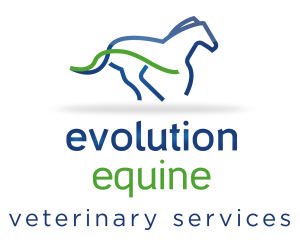The average horse lives to be around 20 years of age and many ponies will live as long as 30 years. We need to provide special care for these older animals to ensure that we continue to meet their needs.
Diet
As the horse gets older, its efficiency at converting feed into energy decreases. Therefore we need to feed these older animals more in order to maintain body condition. Older horses at pasture may need supplementing with hay and a multi-vitamin and mineral supplement may also be required. You may choose to feed a 'complete feed' designed for older horses, in which case the vitamins and minerals will have been included and need not be supplemented.
Teeth
A further loss of ability to intake sufficient nutrition will come from the changing teeth of older horses. A regular visit from the vet or a qualified equine dentist to check and rasp teeth where necessary will make sure that your horse continues to be able to enjoy the feed which you are providing. Some horses will require this attention twice a year in later life. Certainly tooth growth problems become harder to deal with as time passes, since horses teeth continue to get stronger throughout their lives.
Feet
You may choose not to shoe your horse if he or she is not being given regular exercise, but that does not mean that the feet do not require any attention. The hoof will need trimming to keep it in good shape and health.
Diseases of the older horse or pony
Like humans, as they age, horses and ponies become more likely to suffer from certain diseases - some due to aging tissues, others due to reduced immune function. The list would include tumours, Cushing's disease, arthritis, allergic respitatory disease and diseases of the liver and kidneys. It should be said that actually, these are often present in older horses living perfectly happily, and we should make sure we monitor for them so that we can provide the care required to keep them comfortable. For example, we might recommend a different diet or a different presentation of the same diet, which might suit the horse better. You should keep an eye out for changes in appetite, attitude, normal behaviour and responsiveness. We can take a blood sample to check for signs of infectious, inflammatory, parasitic and metabolic disease. We would be guided by your reports of changes you have noticed as to which panel of these to test for.
Vaccination and worming
Older animals have a less strong immune system, and it is important that we provide as much help as we can to our aging horse. We should make sure that they are routinely wormed and we should consider protecting them with an on-going vaccination programme.
